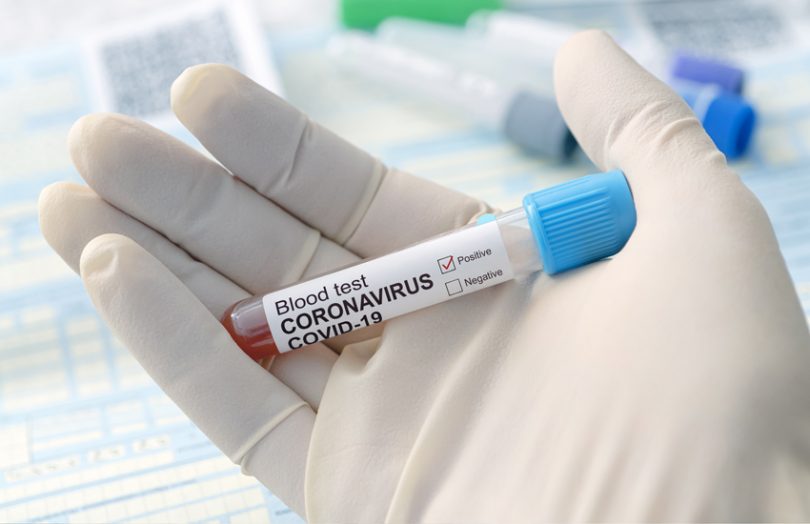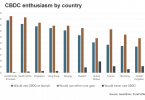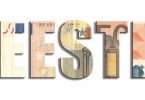Swiss security firm SICPA, French health data platform OpenHealth and Estonian blockchain firm Guardtime have formed a consortium to develop a blockchain-based COVID-19 health passport. The solution will be used to issue and manage health passports and enable real-time monitoring of immunity levels among the population.
Over the past few weeks, government authorities and enterprises are exploring technology solutions to mitigate the effects of the COVID-19 crisis. One of the proposed solutions is using a health passport or immunity certificate to enable people to return to everyday life.
This consortium is a little different from most in that it includes three organizations with relevant expertise and existing government contracts. For example, SICPA provides security documents and inks for banknotes, OpenHealth has a deidentified health database of 20 million French patients, and Guardtime’s enterprise blockchain solution KSI is used by the Estonian government and others.
SICPA’s Certus platform will enable people to get a tamper-proof certificate based on COVID antibody test results. Verification can be done utilizing a smartphone app, which locally holds test data in an anonymized format. Certus uses QR-codes and a digital seal technology, which is underpinned by blockchain.
Any document issued on Certus is assigned a unique QR which is digitally signed, and then secured by blockchain. It’s also printable.
Guardtime has developed the KSI Blockchain, which will timestamp the testing data and make it impossible to falsify, thus protecting its integrity. Meanwhile, the OpenHealth platform will enable governments and health authorities to manage health data and monitor the spread of the virus using deidentified data.
The Certus system is being used in an experiment by the French Ministry of Armed Forces to fight against Covid-19 and requires consent from the people involved.
“Measuring prevalence at a moment in time (a photo) and over time (the film) are the foundations for understanding the flow of the epidemic,” said Patrick Guérin, President of OpenHealth.
The consortium said the COVID-19 health passport is compliant with Europe’s GDPR. Additionally, the solution would allow restoring economic and social activities in a controlled manner, giving access only to persons who have undergone tests.
Several other blockchain applications for COVID-19 are being tested across the globe. Some organizations exploring health certificates and immunity passports include the ICC, Swiss firm TIXnGo, UK’s Open University, and the COVID Credentials Initiative.
Another potential blockchain use case is for contact tracing apps, which is being trialed by the Baseline protocol and IoT firm Nodle.






